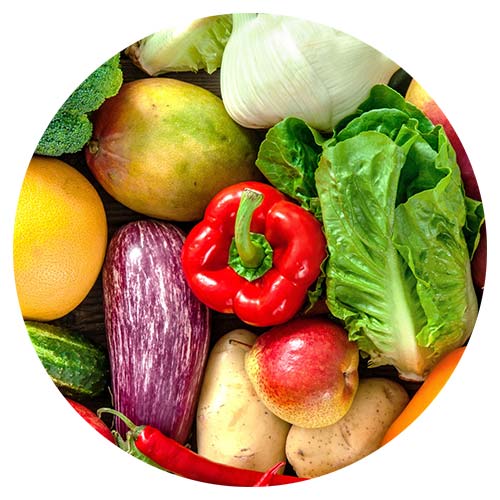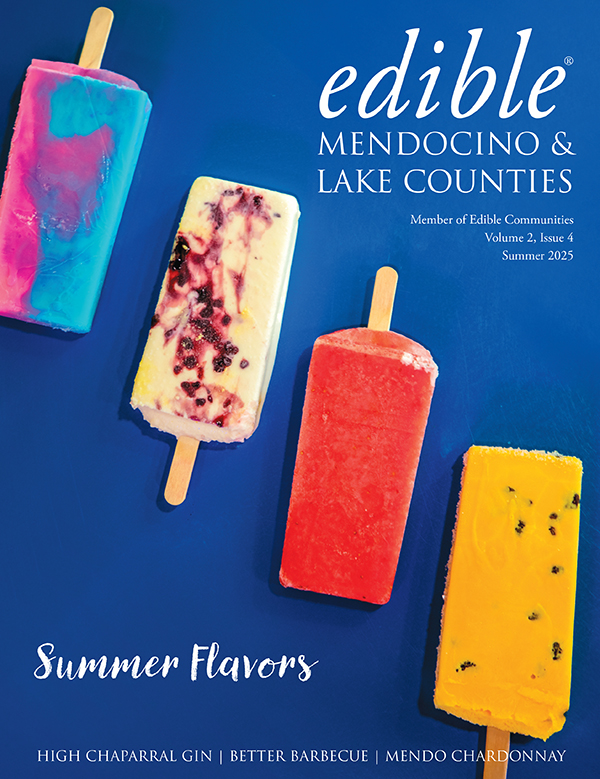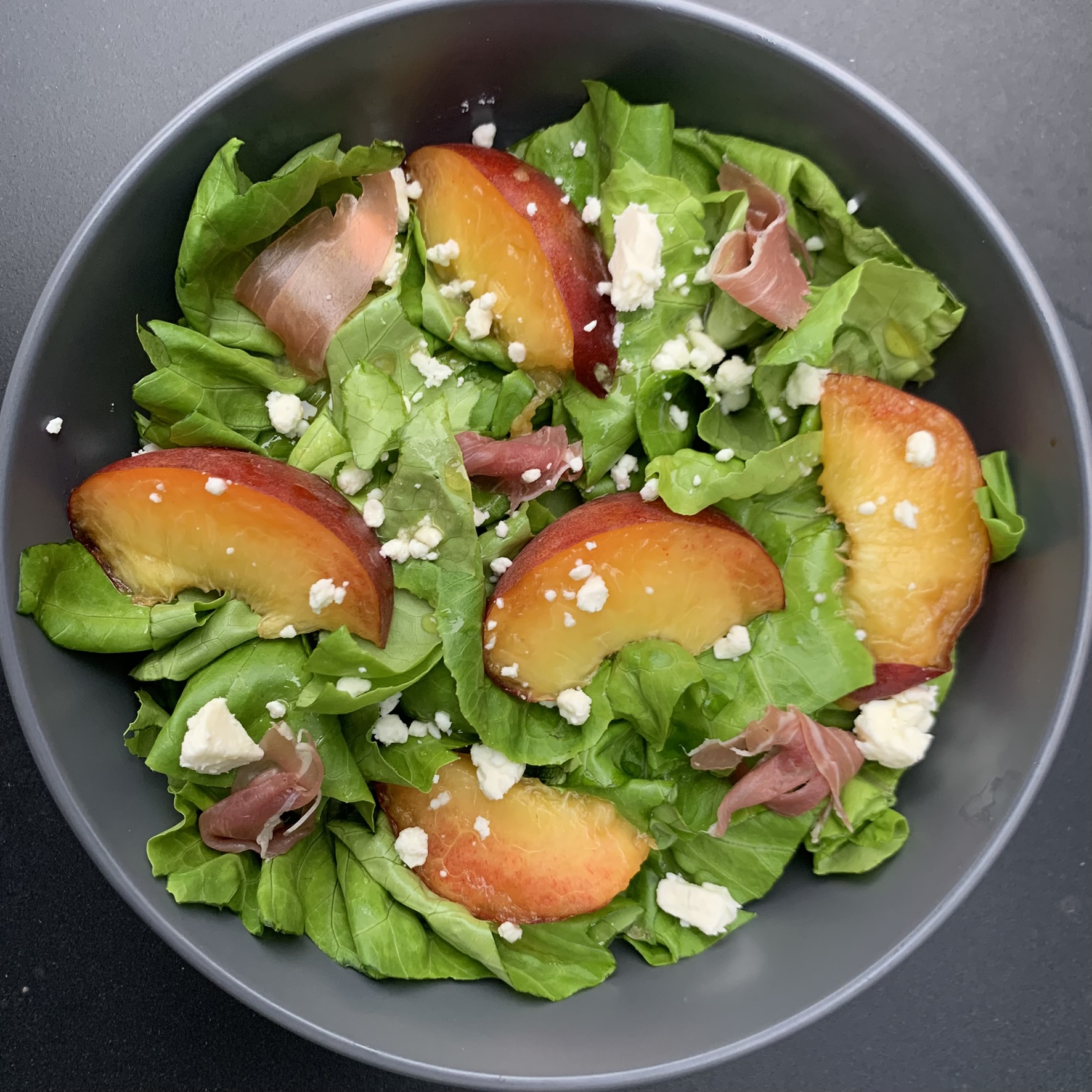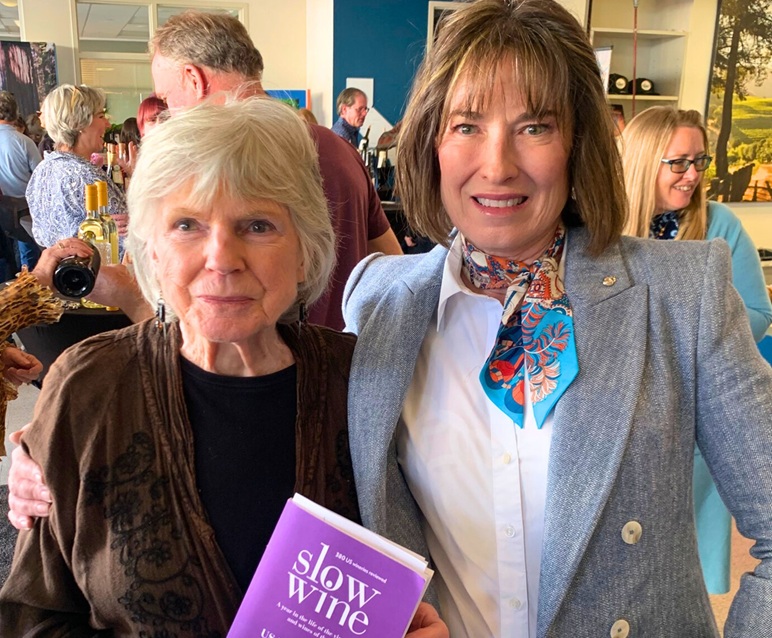The local origins—and graduates—of the program that certifies the “sommeliers of cannabis”

If you’re local to the Emerald Triangle region of California—or just well-versed in the lingo of cannabis—you’ve probably heard the term “Ganjier.” If you haven’t, it’s a portmanteau of “ganja” and “sommelier,” and describes a person who functions as a cannabis guide and educator.
As the cannabis industry has grown and matured post-legalization, the concept is one whose time has clearly come. Legalization has resulted in greater complexity of all facets of the industry, from the variety of strains and clones that cultivators can choose from, to the rules and regulations that producers must follow, to the proliferation of consumer products on the market. Ganjiers are the perfect complement to this expansion.
As of 2021, it’s actually an official certification one can earn, thanks to the Certified Ganjier® program developed in northern California by the Ganjier Council, a group of cannabis experts associated with cannabis education company Green Flower.
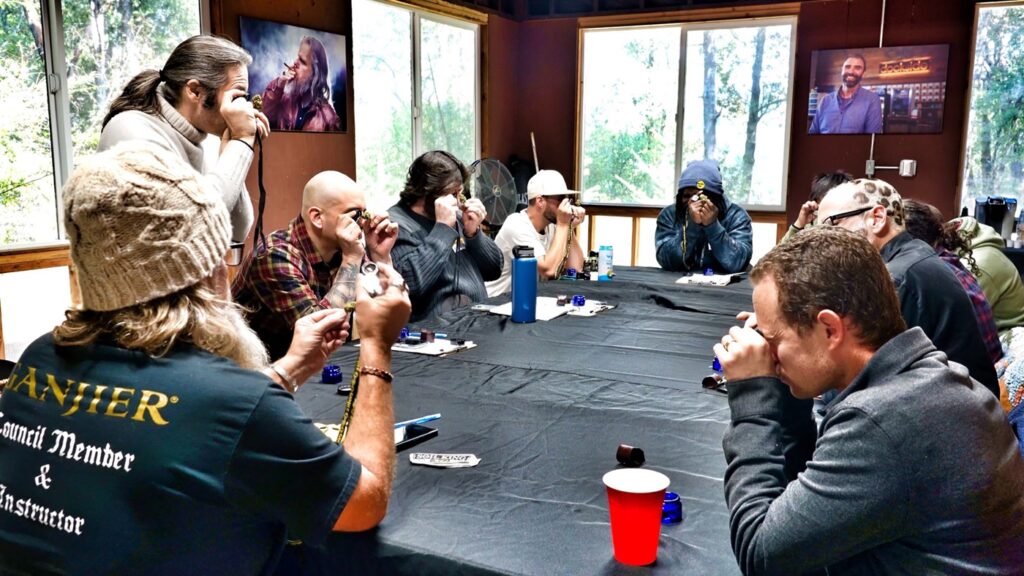
Ukiah resident Amanda Reiman, a Ganjier Council member and co-developer of the certification program’s curriculum and assessments, explained that it evolved out of a desire to elevate knowledge
and professionalism in the industry from top to bottom.
“The idea was to create something that’s going to be useful all the way down the supply chain from the grower to the consumer, so that people are getting the best experiences, and they have more knowledge to rely on when making decisions,” said Reiman, an internationally recognized cannabis expert and public health researcher. “Maybe you’re a cultivator trying to figure out what strains to grow, a manufacturer trying to figure out what strains to put into your products, a dispensary deciding what to stock on the shelves, a budtender trying to decide what to recommend to a consumer, or a consumer trying to figure out what to ask for when you go into a dispensary. The Ganjier’s role is to educate not just the consumer, but also the growers, the producers, everybody from the whole life cycle.”
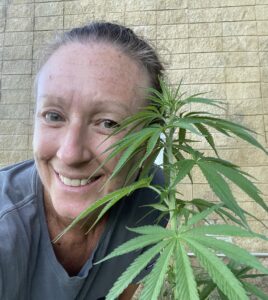
In the same way that a sommelier’s knowledge encompasses terroir, cultivation, varietals, and aromas, so too does the Ganjier’s. The certification program provides standards for both cannabis terminology and assessment that in many ways parallel those of the wine industry’s sommelier certification.
“The goal was to develop a standardized curriculum, a knowledge set that we think everyone who claims to have this level of education should know,” Reiman added. “And also a standardized protocol of grading cannabis like they have with wine, but not just on THC percentage. You don’t grade wine by how drunk it makes you, and neither should you grade cannabis solely by how much THC the products contain. With wine it’s the flavor, it’s the way that the grapes are grown, how the wine is made, and the quality of that production. And so bringing those same aspects to cannabis was really the impetus for the Ganjier program.”
Having this structured, comprehensive knowledge differentiates Ganjiers from your average budtender, and is where they can offer quantifiable value. Reiman noted that the general public’s base knowledge of cannabis has grown significantly as its stigma has lessened, but the volume of new products and the advances in cannabis science have grown even faster—making it hard for the layperson to keep up.
“Back in the days of prohibition, most people’s knowledge of cannabis was just like, ‘Oh, I’m going to go to my dealer and get some flower and smoke it,’” Reiman said. “Now that everything’s out in the open, people are starting to realize the complexity of not only the types of products you can smoke, drink, and eat, but the differences and effects of all the different ingredients like terpenes, and cannabinoids such as THC, CBD, CBG and CBN. For example, limonene is a very high energizing terpene, but linalool and myrcene will put you to sleep. So if I’m making a product that I’m advertising as a daytime product and it has terpenes in it that put you to sleep, then the consumer is not going to get what they want. Certified Ganjiers understand how those terpenes play out against each other and can help people make the right choices so they can have good, positive, safe experiences.”
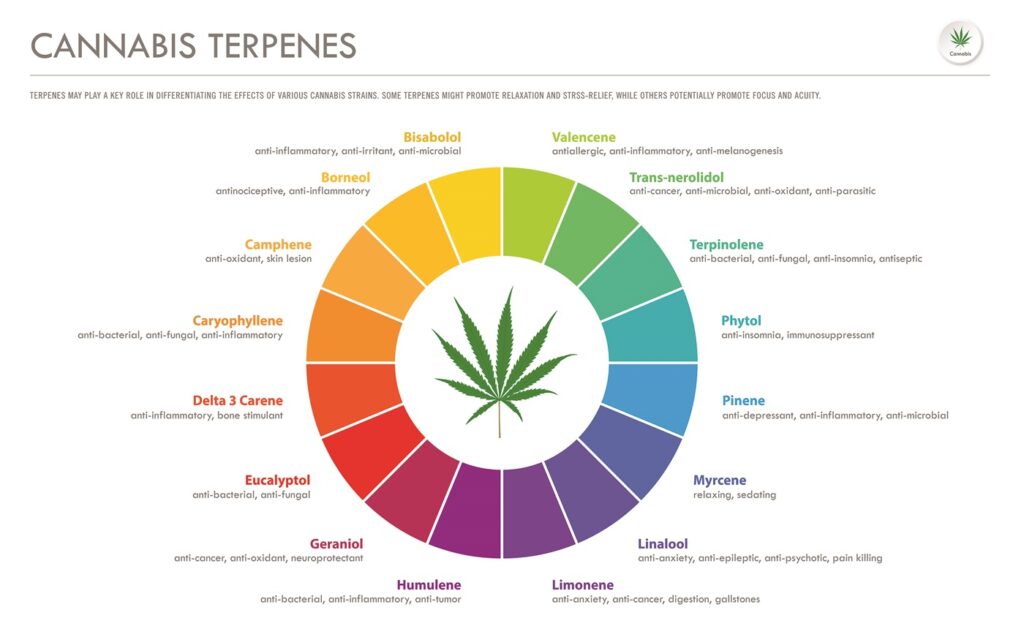
Amanda Reiman’s brother Scott Reiman was part of the first class of certified Ganjiers. Based in San Rafael, he does one-on-one consulting sessions through his company Fog City Cannabis, as well as product education events at restaurants, bars, and dispensaries in Mendocino County and other parts of northern California.
Before getting certified, Scott had worked in dispensaries on and off for several years, and was intrigued by the beneficial effects that cannabis had on people’s health and wellbeing. He decided to enroll in the Ganjier program in order to take his career in cannabis to the next level.
“I loved being able to talk to people [at dispensaries] and educate them, and see people with ailments come back healthy,” Scott said. “Seeing people’s lives change from cannabis use was very rewarding. I saw lots of opportunity for growth in the industry, and knew that becoming certified would help fill the gaps in my knowledge.”
Scott’s private consulting practice is focused on those who are new to cannabis and want advice on where and what to buy. He knew from experience that dispensaries can be confusing and intimidating, and that budtenders do not always make the correct recommendations. By arming his clients with information, Scott equips them to walk into their local dispensary with the ability to ask for the right products at the right dosage.
Before their initial consult, Scott’s clients fill out an assessment form that provides him with background on their current cannabis usage and knowledge, medical ailments, desired effects, and preferred method of consumption. The personalized sessions last either 15 or 30 minutes, and are normally done over Zoom. Follow-up sessions are also available.
“Education is what I love most,” Scott said. “It’s important to be able to talk to someone who is a trained professional, who won’t feed you misinformation.” He pointed out that the Ganjier certification exam uniquely prepares students for this type of consulting, by requiring students to participate in a comprehensive “mock consult” with a member of the Ganjier Council. During this assessment, students are asked a series of questions that customers might ask when they come to a dispensary, then they are graded on the appropriateness and accuracy of their responses and recommendations.
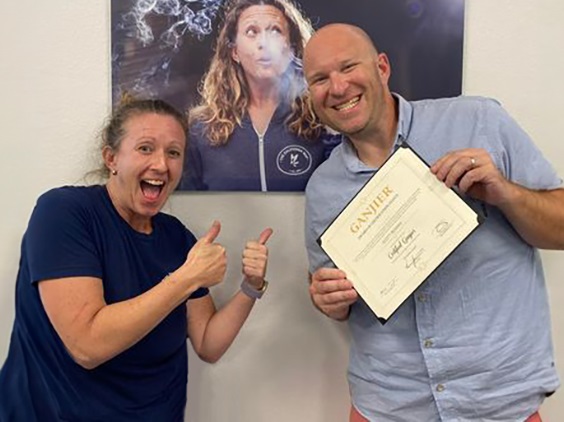
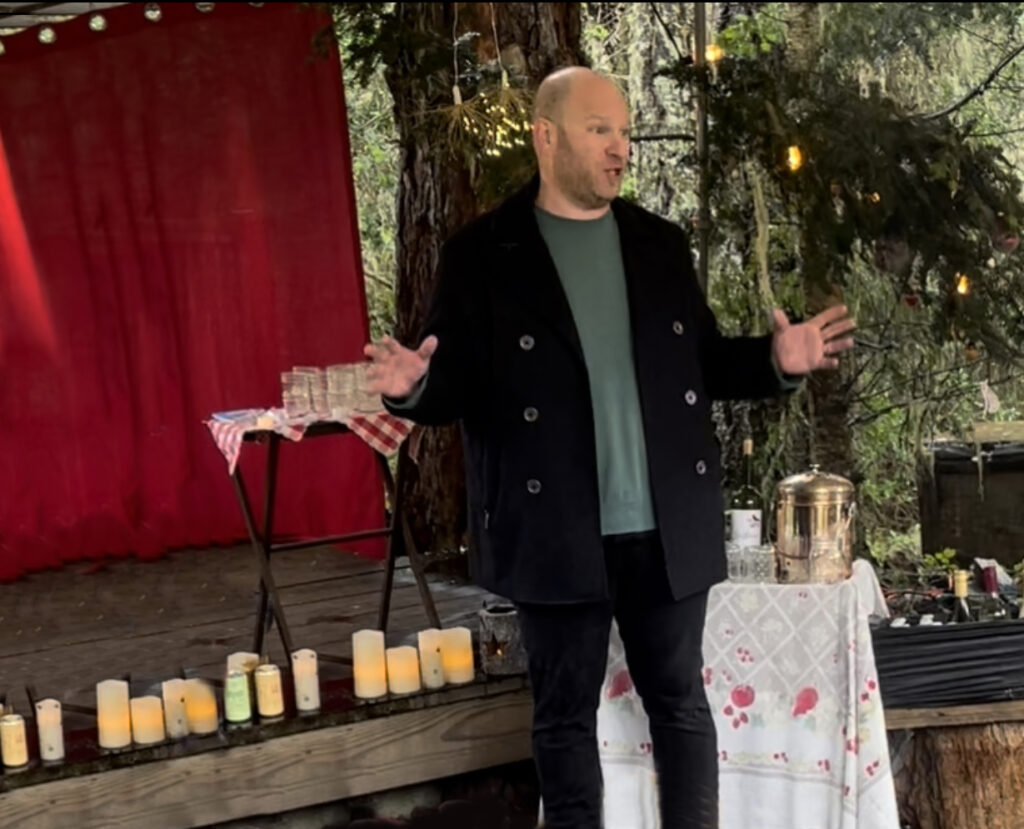
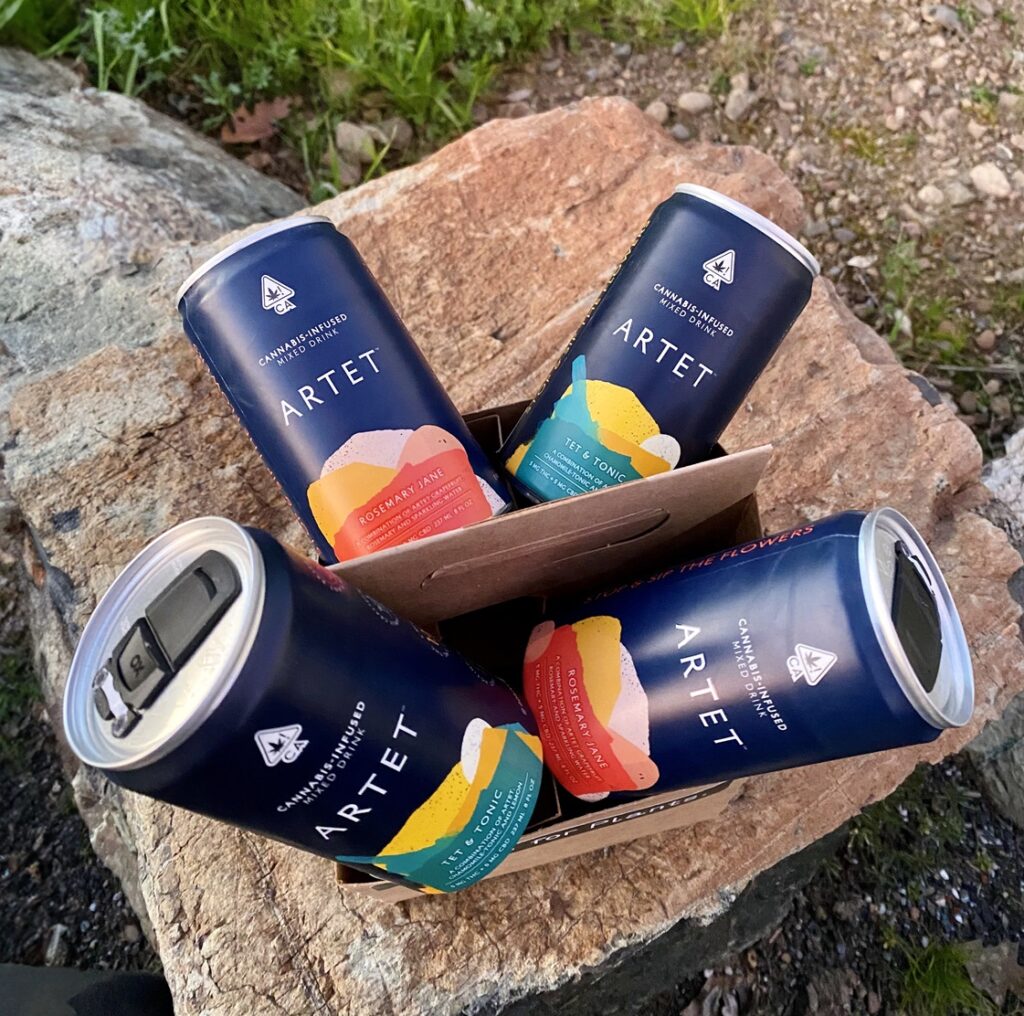
Scott is a specialist in cannabis beverages, and is sponsored by CANN, one of the largest cannabis beverage companies in the country. He does happy hours and brunches aimed at not only promoting
the product, but teaching the public about its effects and safe usage.
“Cannabis beverages are the future,” he said. “They allow THC to act more quickly because it’s contained in nano particles that absorb directly into the mouth. They have a faster and steadier onset than edibles, which take time to digest and absorb through the gut. Beverages are hard to over-consume—you don’t get these nightmare stories of people over-doing it because they thought they hadn’t consumed enough, when they really just hadn’t waited long enough to feel the effects.”
Scott recently participated in a craft cocktail happy hour at the Andiron hotel in Mendocino, where he gave a 20-minute seminar on how to use CANN as an ingredient in blended cocktails. He’s also done a “bubbly brunch” at The Plant Shop, where the featured drink was the cannabis mimosa. He plans to expand into private events such as weddings and parties, where curated cannabis experiences such as “bud bars” and wine-cannabis pairings are becoming increasingly popular.
In addition to educating end-users about products and safe usage, Ganjiers can play an important role in areas such as cannabis licensing, permitting, regulation, and even tourism. We talked to one local Ganjier who preferred not to be named or quoted, but was willing to provide insight into how Ganjiers function in these aspects of the industry.
Since legalization, cultivators in particular face a gnarly thicket of rules, permits, licenses, and regulations that can be tough to navigate alone. Gone are the days when they could grow off the grid in privacy—now, if they want to take their products to market, they have to stay in compliance with an alphabet soup of agencies. Licensing and permitting challenges are exacerbated by the fact that Proposition 64 doesn’t recognize cannabis as an agricultural product—it’s considered a commercial product. So cannabis farmers actually face more stringent rules and regulations than other agricultural producers.
There are between 15 and 18 different organizations and regulatory agencies that growers have to report to, from the CDFW (California Department of Fish and Wildlife) to the DFA (Department of Food and Agriculture). Ganjiers, by acting as facilitators, help get cultivators through the extensive checklist of items and coordinate with all the different organizations.
Cannabis law and policy is an area that’s proving to be a challenge to communities, which often struggle to oversee industry activity in their jurisdictions. Many don’t have a prohibition on cannabis, but they also don’t necessarily have a system for regulating it, or the bandwidth to do so. Ganjiers use their expertise to help cities, counties and other municipalities to create ordinances and policies that work, and decide which government department(s) will be responsible for oversight and enforcement.
As cannabis tourism grows in the Emerald Triangle and beyond, Ganjiers are also playing a role in advising tour companies. In addition to connecting them with cultivators and dispensaries, they can suggest products, pairings and cannabis-related events that are likely to appeal to customers, many of whom come from states where recreational use is not legal.
Welcome to the brave new world of legal cannabis. Need a guide? Call a Ganjier®.
Want to become a Certified Ganjier?
The Ganjier program is currently enrolling for the class of 2024. 240 spots are available.
Anyone can enroll, but it is strongly recommended that candidates have a significant amount of existing cannabis experience. The certification consists of a series of online courses, a two-day in-person training in Humboldt County, and three in-person exams.
For more information about enrollment, curriculum and tuition rates, visit www.ganjier.com
